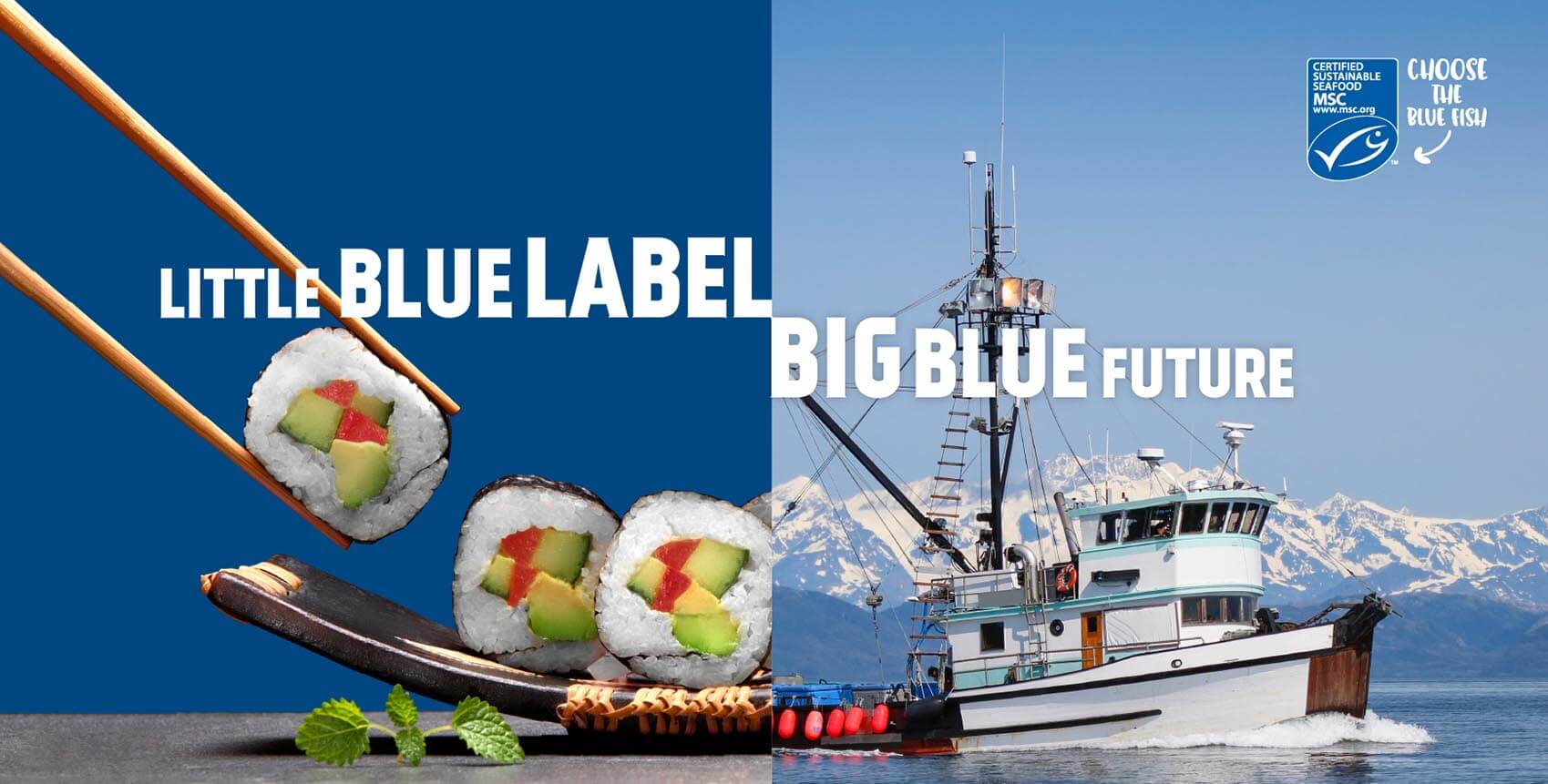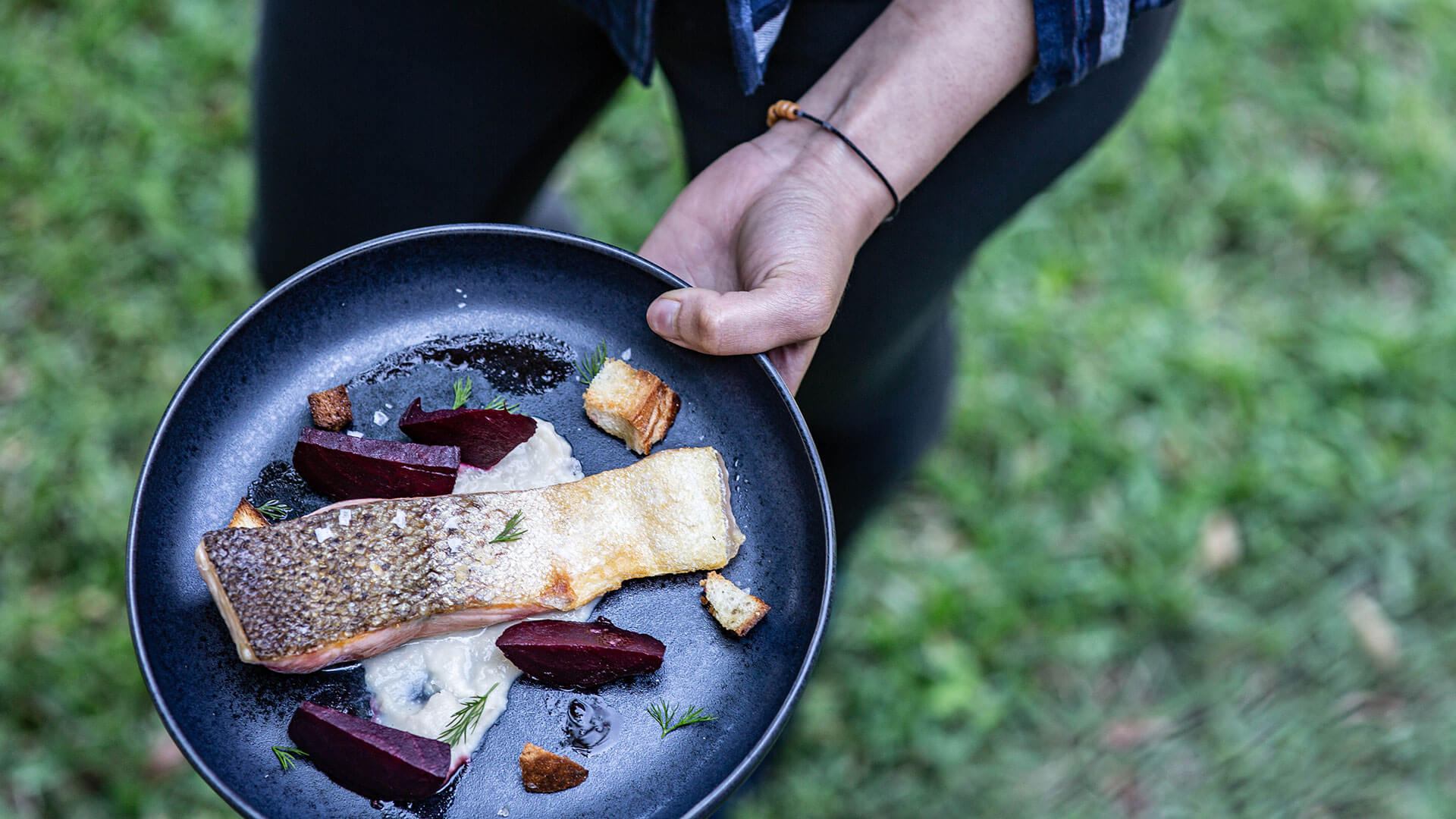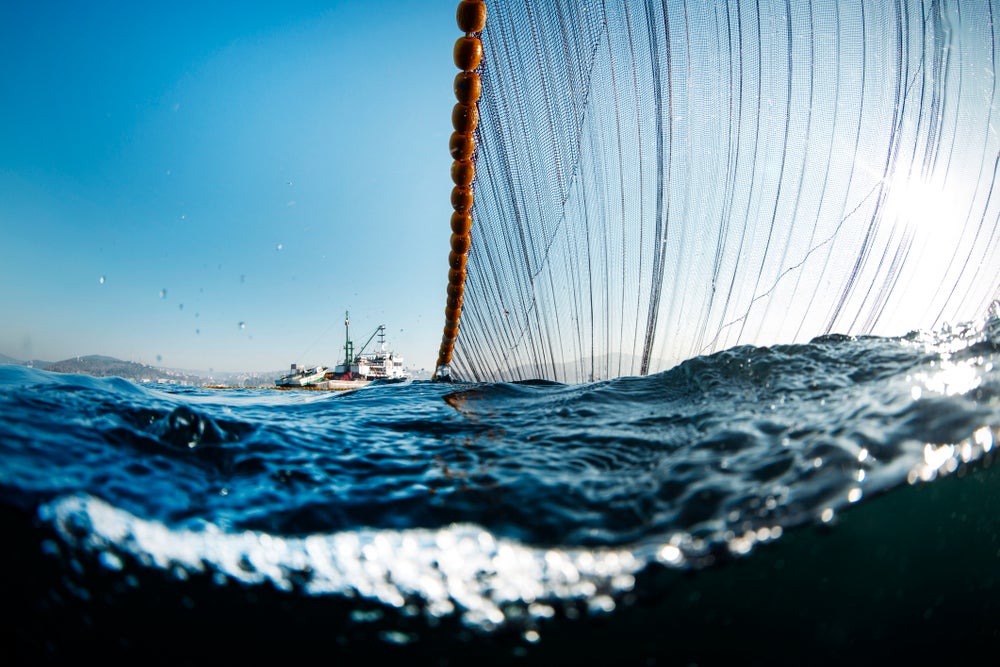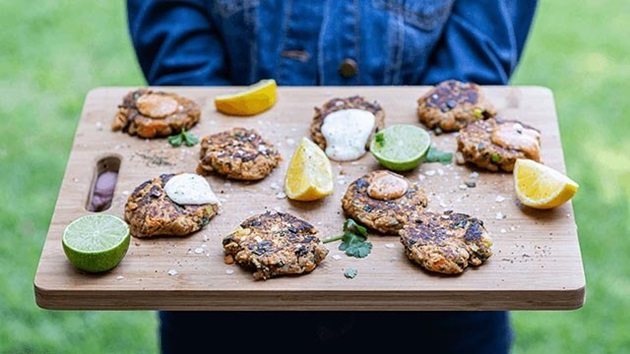Mark your calendars for June 8, 2025, as the world comes together to celebrate World Ocean Day. This annual event serves as a reminder of the critical importance of protecting our oceans and marine life.
Why do we need World Oceans Day?
Our oceans cover 70% of the planet's surface and play a vital role in sustaining life. From providing oxygen for every second breath we take to feeding billions of people and hosting 80% of the world's biodiversity, the ocean is essential to our existence.
However, our oceans are facing unprecedented threats. Pollution, overfishing, bycatch, and climate change are putting marine biodiversity at risk.Taking action on World Ocean Day
World Ocean Day is not just a day of awareness but a call to action. It's an opportunity for individuals and communities worldwide to unite in efforts to protect and preserve our oceans for future generations.
At the MSC, we know that sustainable fishing is critical to ensuring that the ocean has healthy fish populations, that marine ecosystems are protected, and that people around the world have access to healthy seafood for generations to come.This World Ocean Day, we’re celebrating the role that MSC-certified sustainable fisheries play in protecting the ocean and showing how sustainable fishing means so much more than you might think.
Exploring the five oceans
While the Earth has one big ocean with many features, humans understand there to be five oceans or oceanic divisions:
- The Pacific Ocean: the largest and deepest ocean between Asia and the Americas
- The Atlantic Ocean: Second largest ocean between Europe, Africa and the Americas
- The Indian Ocean: Third largest ocean, between Asia, Africa and Australia
- The Arctic Ocean: the smallest, shallowest and coldest located toward the North Pole
- The Southern Ocean (or the Antarctic Ocean): The southernmost waters of the world ocean around Antarctica toward the South Pole
Theme for World Ocean Day 2025
The theme for World Ocean Day is Sustainable Fishing Means More...
This year's theme underscores the importance of sustainable fishing practices in ensuring the health and abundance of marine resources for generations to come.
Engage with #WorldOceansDay
Join the conversation on social media using hashtags like #WorldOceansDay, #BigBlueFuture, and #MoreFish.
Share your commitment to ocean conservation and inspire others to do the same.
Tag @MSCbluefishtick for the chance to have your post shared with our networks.
...more fish
*16 million tonnes
more wild seafood could be fished each year if all fisheries were sustainably managed....more colour
*400+ environmental improvements
protecting ocean biodiversity made by MSC certified fishers in the last 3 years....more choice
*20,000+ sustainable seafood products
with the MSC label, across 66 countries, sourced from over 500 certified sustainable fisheries.World Oceans Day Activities
From educational initiatives to enjoying sustainable seafood, there are numerous ways to participate in World Ocean Day. Explore resources for teaching and learning about the ocean, cook certified sustainable seafood, delve into stories of sustainable fisheries, and stay informed through social media updates and newsletters.1 - Teach and learn about the ocean
Use our Australian and New Zealand curriculum-relevant teaching and learning resources to discover how we can help keep our oceans healthy for generations to come.
In Australia, our Saltwater Schools education program features ocean-themed education resources aligned with the Australian curriculum suitable for Stages 3-5. This includes lesson plans, videos, fact sheets, games, and activities. View World Ocean Day teaching resources for Australia.
In Aotearoa New Zealand, our Te Kawa O Tangaroa ocean-centred learning programme focuses on solutions to overfishing and how we can ensure oceans teeming with life. View World Ocean Day teaching resources for New Zealand.2 - Cook certified sustainable seafood
Our sustainable seafood guide makes shopping for sustainable seafood easier. Just look for the MSC blue fish tick..png?sfvrsn=8f0f562b_4)
Ocean friendly recipes
Explore our tasty sustainable seafood recipes from chefs across Australia, New Zealand and around the world.
3 - Explore sustainable fisheries
The best way to understand the impact of MSC certified sustainable fisheries is to hear first-hand from those involved.
Experience our immersive sustainable fishery stories about real-life communities whose livelihoods depend on fishing and hear from passionate people taking care of our ocean.
4 - Stay informed and inspired
Follow the MSC on Facebook, Instagram or Twitter, and we’ll keep you up to date on the latest ocean news, stories, reports, recipes and more.
You can also sign up for one of our regular newsletters. Depending on your interests, there is a handful to choose from, including a monthly consumer newsletter featuring top stories and recipes and a weekly Fisheries Update on the latest certifications and assessments.
Help create a wave of support by encouraging your friends and family members to sign up.
World Ocean Day Resources and Downloads
Find curriculum-aligned teaching resources for World Ocean Day to help learners develop their viewpoint and share it in creative formats. Activities are suitable for learners aged 10+ in Geography.
Download and print our A3 ocean literacy poster for your classroom.Local Impact: World Ocean Day in Australia and New Zealand
Even though World Oceans Day is a global day to celebrate our oceans, there's plenty that can be done locally to support ocean life around our coasts. Whether you live beside the Indian Ocean or South Pacific, near the Coral Sea, Tasman Sea, or by the Great Australian Bight – there's no denying we're island nations who depend on the sea for food, jobs in fishing and tourism, recreation and lifestyle.
History and Significance of World Ocean Day
The history of World Oceans Day dates back to the early 1990s.
The concept of a dedicated day to honour the world's oceans was first proposed by the Canadian government during the Earth Summit held in Rio de Janeiro, Brazil, in 1992. The Canadian government suggested the idea of establishing an international day to celebrate the oceans and their significance in our daily lives.
The proposal gained support from various organisations and governments around the world, and in 2002, World Oceans Day was officially recognised by the United Nations General Assembly. The United Nations Division for Ocean Affairs and the Law of the Sea (DOALOS) was designated as the focal point for coordinating and promoting the observance of World Oceans Day.
Since its official recognition, World Oceans Day has been celebrated globally with a wide range of activities and events. These activities include educational programs, beach clean-ups, art contests, film screenings, public lectures, and other initiatives aimed at raising awareness about the vital role oceans play in sustaining life on Earth and the need to protect and conserve marine ecosystems.
World Oceans Day provides an opportunity for individuals, communities, and organisations to come together and emphasise the importance of ocean conservation and sustainable practices. It serves as a platform to highlight the various threats facing the oceans, such as pollution, overfishing, habitat destruction, and climate change while promoting solutions and encouraging collective action to address these challenges.
Through the years, World Oceans Day has grown into a global movement involving millions of people across the globe who are committed to protecting our oceans and ensuring their long-term health and vitality. The day serves as a reminder of the interconnectedness of all life on Earth and the need for sustainable practices to safeguard our oceans for future generations.
Your guide to sustainable seafood
Find out where to buy, what to look for and the questions to ask.





